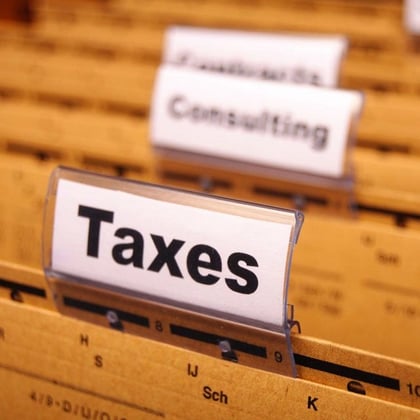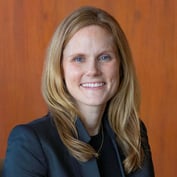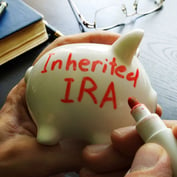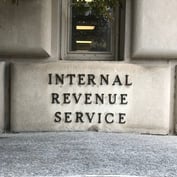What You Need to Know
- While advisors without proper qualifications need to avoid giving
- Offering qualified tax prep within an advisory firm has major pitfalls, advisors say.
- Forging close relationships with CPAs outside the firm is typically preferable.
When it comes to taxes, financial advisors must often walk a fine line. While they must avoid giving “tax advice” if not qualified to do so, they need to know enough about taxes to help clients keep as much of their money as legally possible, according to David Gordon, senior vice president of direct indexing at Vestmark.
And what about offering tax preparation services? While some large firms in recent years have added CPAs, expanded their tax services and touted the business-building benefits of offering qualified tax advice, financial planners cautioned that, for smaller firms especially, offering tax prep was more difficult than many might expect.
So how, and how much, should advisors talk about taxes?
When running an advisory firm, “you need to have people that understand taxes and are not afraid to talk about them but most advisory firms are not set up as tax advisors,” Gordon told ThinkAdvisor in a phone interview on Tuesday. “So you wind up having to put disclaimers everywhere [saying the] firm does not provide tax or legal advice.”
However, “for a long time, advisors have sort of hidden behind that disclaimer as a reason not to talk about taxes,” said Gordon, who previously served as director of Eaton Vance Advisor Institute.
The problem with that is “I just don’t think advisors can pretend not to understand what the tax consequences of their advice could be,” he said, noting that a significant amount of financial advice that advisors provide stands to have an impact on how much their clients pay in taxes.
Advisors “need to have tax awareness” but need to be “very clear that you don’t position yourself as an accounting firm if you’re not an accounting firm,” he cautioned.
Clients, like everybody else, don’t want to pay more taxes than they need to, he said, noting: “I’ve never met anyone that feels under-taxed. It’s a hot button for investors and that’s why advisors are willing to have conversations about the tax implications of their investment recommendations [and] will really position themselves [as being] truly on the same side of the table as the client.”
At the end of the day, “advisors who have an awareness for doing things in a tax-smart way, whether it’s locating assets in the right place or taking advantage of some of the hints that the tax code provides about what the government wants you to do and doesn’t want you to do will be in a much better position than the advisors who sort of bury their heads in the sand and say ‘that’s not my business,’” he said.
The CPA Connection: Beyond Referrals
RIAs and financial planners are probably more likely to have a tax specialist working at their firm’s office than are broker-dealers, who may have tax teams they can turn to at their company but not in the same office, he said. Many BDs may have relationships with certified public accountants outside their firms, and that is still the way that many advisors handle tax issues also, he noted.
Gordon also strongly suggested that advisors ask to see their clients’ tax documents before their taxes are prepared each year, calling it “one of the best ways that advisors can gather an awareness of opportunities for advice” to give their clients.
Advisors should have collaborative relationships with accountants that are beyond mere referral relationships, he also said.









 April 05, 2022 at 03:19 PM
April 05, 2022 at 03:19 PM











